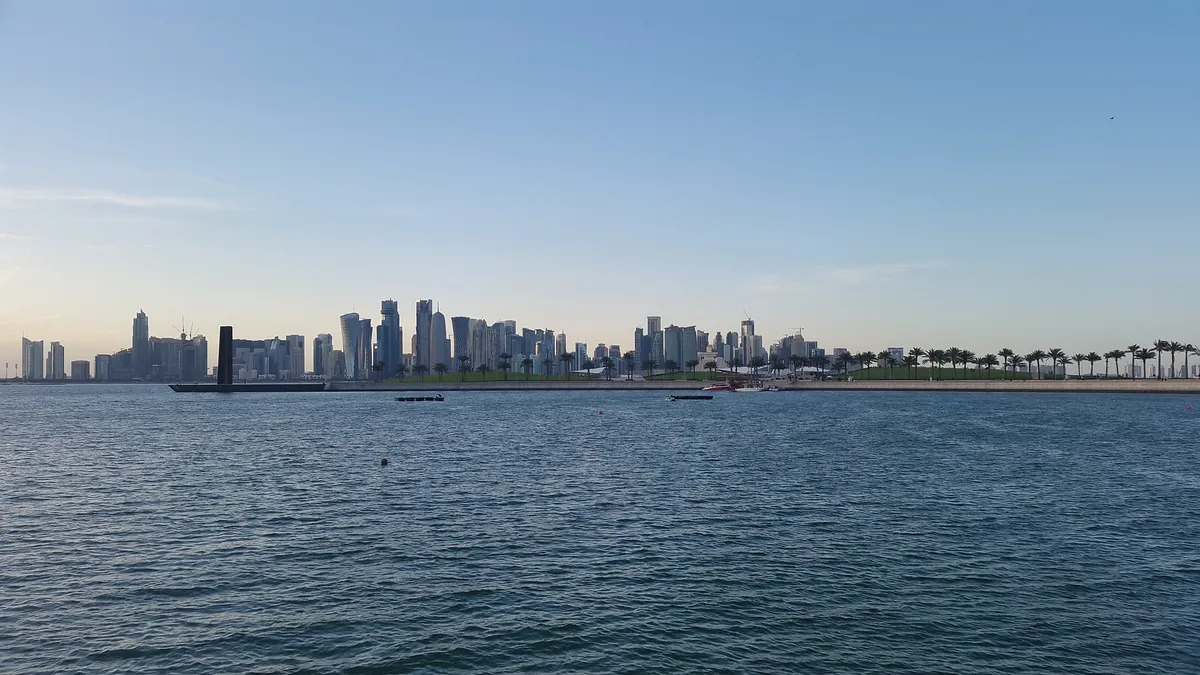Dive Brief:
- Dubai’s DP World, one of the world's largest port operators with 78 marine and inland terminals across six continents, has banned any ship flying the flag of Qatar from calling at its home terminals in the United Arab Emirates, The Wall Street Journal reported.
- The decision came on June 5, when the U.A.E., Saudi Arabia, Bahrain and Egypt severed relations with Qatar. Ramifications include the closing off of air, sea and land routes to the country, after accusations of terrorist support were directed at the country.
- Maersk Line is struggling to establish a bypass. Maersk is attempting to get stranded cargo to the emirate and on June 6, reassured shippers that it expects to find a solution with the next 48 hours, Bloomberg reported. Other ports in the region, such as Oman, Iran and Kuwait will continue to accept Qatari ships, according to The Loadstar.
Dive Insight:
The Middle East is facing an incredible diplomatic crisis, and as with any other geopolitical event, supply chains are compromised.
What is happening in Qatar is unlike normal geopolitics, however. The country's borders are closed, and this is affecting the movement of air and sea freight, at minimum. The map below shows worldwide shipping routes in 2012.
Sitting on the Persian Gulf, Qatar's ports handle a wide volume of imports, exports and transshipments on the Asia-Middle East trade route. By air, Qatari airlines may have to avoid airspace and fueling in the Middle East, due to the embargo. Notably, no Qatari port sits on the American Association of Port Authorities' 2015 top 100 global ports list.
Yet, recent examples show even a small delay at a port can lead to delays on the general route. In April, the launch of new alliances led carriers to reroute vessels to new ports, or otherwise change course. The subsequent months saw delays stemming from congestion in Europe, Asia, and some fears of the same in the United States.
An embargo similarly alters a freight corridor altogether. Shippers with products on that route should be conscious that delays may ensue in the coming months, due to the geopolitical event. At present, no resolution is in clear sight.













